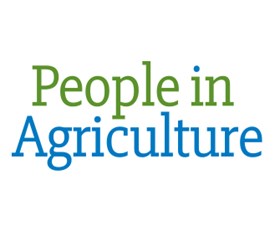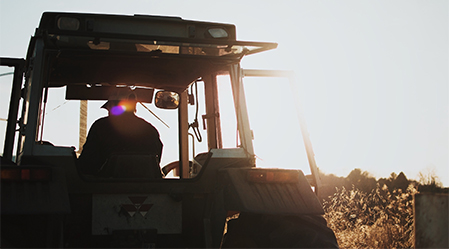What the Federal Budget means for Farmers
15/5/2017
The highlights from the budget this year for farmers sees major spending on an inland rail and an increase in funding for the National Landcare Program. Key points: - $8.4 billion for inland freight rail between Melbourne and Brisbane - $1 billion in Landcare funding over five years - New food safety requirements for importers, and new powers to hold product at the border - Farm Household Allowance remains capped at 3 years, but maxed out farmers can apply for loans - Live export industry gets $8.3 million to develop new welfare assurance program
The highlights from the budget this year for farmers sees major spending on an inland rail and an increase in funding for the National Landcare Program.
Key points:
- $8.4 billion for inland freight rail between Melbourne and Brisbane
- $1 billion in Landcare funding over five years
- New food safety requirements for importers, and new powers to hold product at the border
- Farm Household Allowance remains capped at 3 years, but maxed out farmers can apply for loans
- Live export industry gets $8.3 million to develop new welfare assurance program
Kicking off in the next financial year the Australian Rail Track Corporation (Commonwealth owned) will start on the 1700km Melbourne to Brisbane freight rail network. The $8.4 billion project has mixed support, with most grain farmers in the eastern states welcoming the initiative while others concerned about the quality of the project and potential waste of money.
Many of the Coalition's election promises for agriculture were previously outlined in the "Agricultural Competitiveness White Paper", but the budget confirmed support for a few remaining commitments.
The Regional Investment Corporation (RIC) will be allocated $4 billion over the next four years and will centralise management of new Commonwealth loans for struggling farmers. This on top of $2 billion worth of water infrastructure loans, under a program announced previously.
The budget also includes $8.3 million over four years for the live export industry's welfare assurance program, and a $2 million commitment to create a milk price index.
A popular measure from 2015, which allowed farmers to write off up to $20,000 in farm machinery or other assets, will continue for another year.
But the government is finally abandoning a range of less popular, so-called 'zombie measures', from the controversial 2014 budget which have never passed the parliament.
Among those, an attempt to force research and development corporations, like the FRDC [Fisheries Research & Development Corporation] and GRDC [The Grains Research & Development Corporation] to pay their own membership fees for international commodities organisations.
The Commonwealth will keep paying those fees, at a cost of $1.8 million per year.
And finally, before anyone tells you that a range of new commodity levies means there are new taxes on bananas, avocados, seed cotton, tea tree oil or thoroughbreds, let's get one thing straight: Those levies are not consumer or consumption taxes.
Instead, they're set up in agreement with the industries involved to cover the cost of research, development, and biosecurity issues.
Those funds will be added to Commonwealth contributions.
The news is even better for egg producers: the levy on laying chooks is being phased out, now that the industry has repaid the cost of dealing with a previous avian influenza outbreak.





